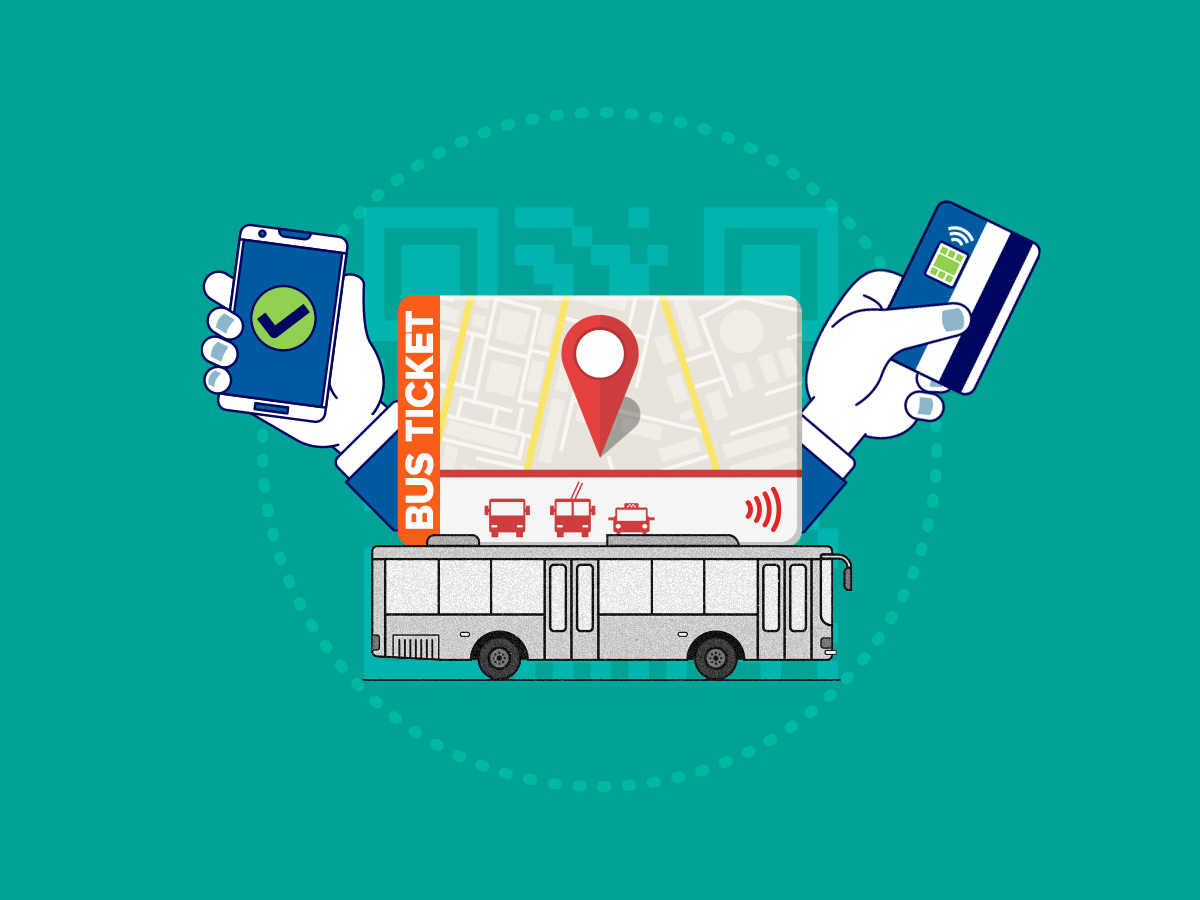
[ad_1]

Across India, state transport authorities are inviting banks, fintech companies, card networks and payment service providers to replace their traditional ticketing systems with contactless solutions.
The move is aimed at aligning with the latest social distancing and hygiene norms in light of the Covid-19 outbreak.
Uttar Pradesh, Gujarat and Rajasthan transport bodies have issued tenders for contract, calling for bids from banks and digital service providers to help scale their technology requirements to offer contactless ticketing and payment solutions in bus fleets.
ET has reviewed these Request for Proposal (RFP) documents.
Separately, road transport authorities in Maharashtra, Telangana and Andhra Pradesh are in advance stages of finalizing such projects, working with leading payment networks and banks to scale up electronic ticketing that involve contactless services, two sources directly aware of the matter said.
Other state authorities — including Kerala, Karnataka and Tamil Nadu — are also in early discussions to adopt such services, making use of QR and Near Field Communication technologies, the sources said.
Some of these road transport bodies could also work with the National Payments Corporation of India (NPCI) under its flagship card issuance scheme, Rupay National Common Mobility Card (NCMC), they added.
The aim is to create an “open-loop” ticketing and payment platform to render contact-free ticketing systems – made necessary due to the Covid-19 pandemic – making use of the latest technologies, according to the RFP documents.
Various states have specific demands, but the broad objective is to digitize operations and harness the data for optimizing operations.
For example, Uttar Pradesh’s UPSRTC wants to implement an “IoT-based integrated bus ticketing service” whereas the Rajasthan transport authority, RSRTC, intends to operate “Digital Fare Collection using NCMC Cards.”
Gujarat is aiming to create an “open loop ticketing system and GPS system on “Build Own Operate and Transfer” (BOOT) model, according to the documents.
Vineet Toshniwal, the CEO of Citycash, a payment company participating in the electronic ticketing and payment project with Maharashtra’s MSRTC, said industry consortiums involving banks, merchant networks and device manufactures are now banding together to present bids for undertaking such transit projects as the opportunities are immense, especially for new age players.
“The involvement of startups brings novelty and innovation to such projects. We have issued over 4 million cards till date for MSRTC commuters and are scaling the model,” said Toshniwal. “For our next project, we will bring the functionality of multiple acceptance modes such as QR and card-based payments, along with geo-tagging to our devices.”
According to Ashish Ahuja, the COO of Fino Payments Bank – another leading player in the transit payments ecosystem – there is a “huge opportunity” in rendering contactless payments to digitize fare collection for state road transport corporations across India.
“We are already working with Maharashtra’s SRTC and are keen to extend the benefits of our contactless payments solution to other state transport corporations as well,” Ahuja said.
According to ASRTU (Association of State Road Transport Undertakings), members collectively operate a fleet of 150,000 buses carrying over 70 million passengers every day across urban and rural areas.
Further, with various initiatives on the anvil such as the Bus Rapid Transit System (BRTS), the road transport ministry expects an increase in passenger ridership to 120-150 million per day.
Meanwhile, a top private sector banker said that over 40 pilots are currently ongoing across the country, involving metros, bus transit systems and local rail networks for end-to-end digitization of ticketing and payment platforms.
Banks including ICICI Bank, Axis Bank, card networks such as Visa, Mastercard and Rupay, device manufacturers including Pine Labs and Pax, along with fintech companies such as Google Pay, Paytm and PhonePe are all involved in various stages of testing the new ticketing solutions, sources said.
[ad_2]
Source link